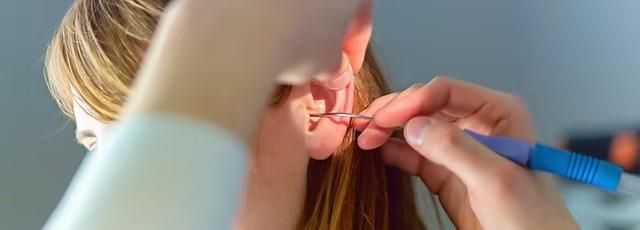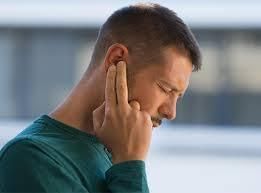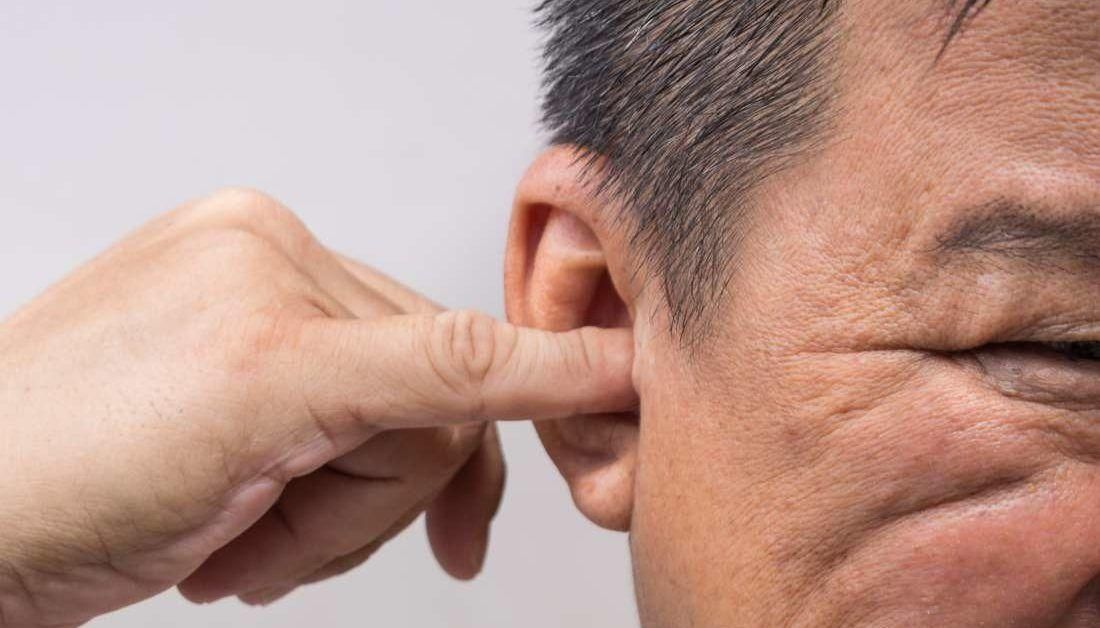How To Enjoy Concerts and Clubs Without Hearing Loss
Have you ever experienced a constant ringing in your ears while you're out at a concert venue? Everything sounds muffled; you talk loudly, practically shouting at your friends because you can't understand them. You know this isn't normal—it's temporary hearing damage.
Is it possible to enjoy loud music at a concert or club without experiencing some hearing loss? Yes, you can have fun at your favourite club or venue and still protect your hearing! Here are a few simple tips to help keep your hearing safe while having fun.
Carry Reusable Earplugs
Reusable earplugs are they're designed so they muffle sounds for clubbers and musicians. They're generally pretty inexpensive, and they make the loud atmosphere safer for your ears without stopping you from hearing the music. If you're attending a music festival or an event with fireworks, you can also purchase ear defenders for your children.
Get Away From Speakers
Don't stay close to booming speakers. Remember that they're the primary source of loud noises. Dancing too close puts you at risk of suffering permanent hearing damage. Avoid standing directly in front of loud instruments or amplifiers for the same reason.
Take Regular Breaks
If you're planning to stay in a noisy club or arena for a long time, take regular breaks. This will give your ears a much-needed break. Take advantage of chillout zones which are usually available at concert venues. The zones will provide your ears with a little respite from the booming noise. If there are no chillout zones, plan to leave the venue at specific intervals or even swing by the restroom and take a break.
Avoid Shouting
If you’re in a loud club atmosphere, don’t add to the noise by shouting. Instead, speak slowly as you usually do. This is healthy for your ears, and it's also beneficial for others' hearing.
Allow Recovery Time
After being in a loud environment for a long time, give your ears sufficient time to recover. Stay away from a noisy environment for a minimum of 18 hours. If you have to remain in a loud atmosphere for extended periods, make sure you have your earplugs ready!
Exercise Regularly
Did you know that regular exercise is excellent for our hearing? Yup! taking regular aerobic exercise significantly increases blood flow to the ear. In turn, this helps to reduce hearing loss. If you're planning on going to a weekend concert, maybe it's time to start running a few weeks before.
Know the Setlist
Improve your concert experience by researching the setlist before the performance. You can email the concert venue and ask. That way, you can anticipate songs scheduled to come up next. That way, you know when to take a break or when that extra loud song is coming on.
Get in touch with Sid, Sukhina and the team to find out more



